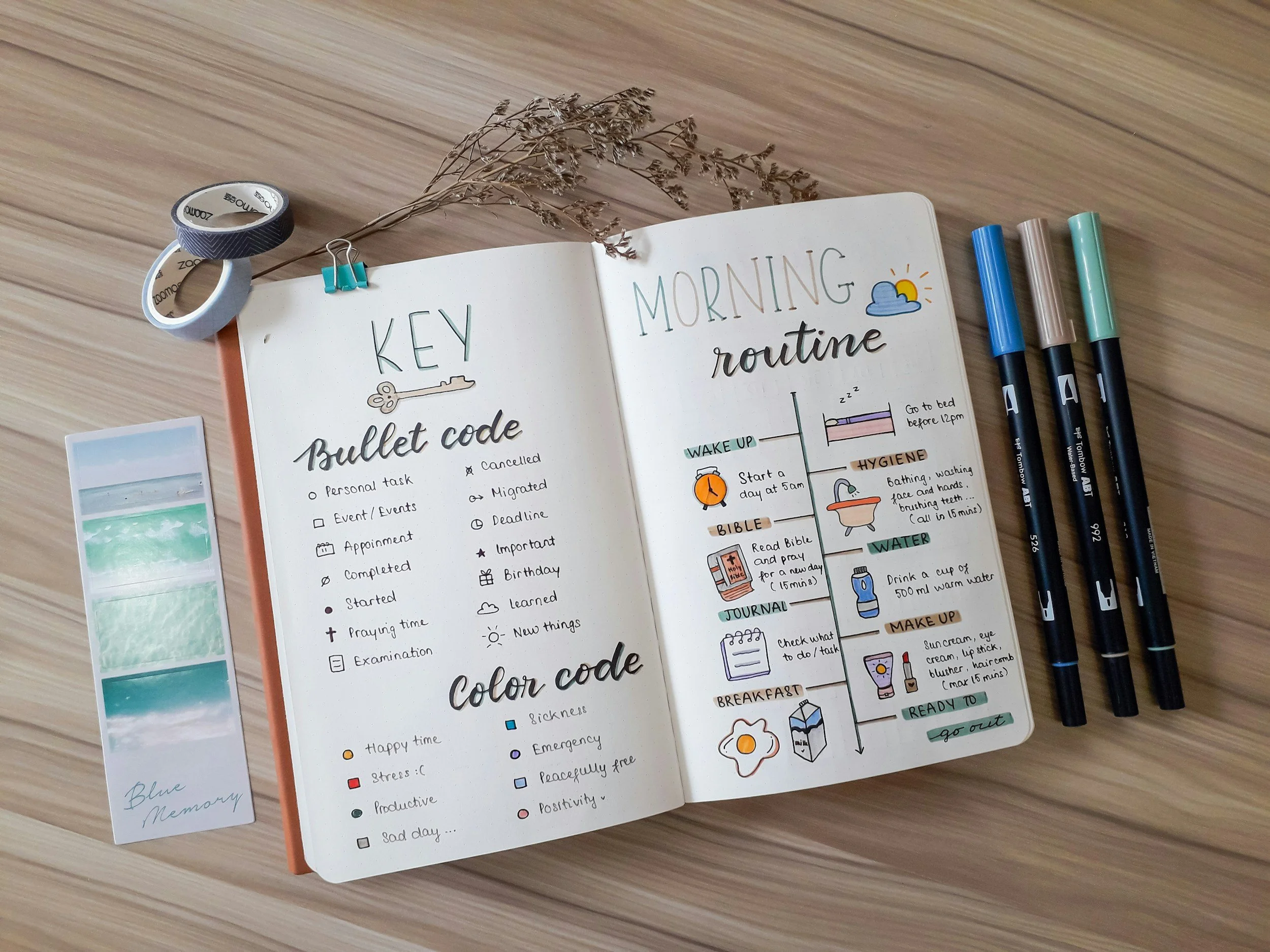Behavioral Management Techniques for Adults with ADHD
ADHD (Attention-Deficit/Hyperactivity Disorder) is often thought of as a childhood condition, but for many, it continues into adulthood. In fact, millions of adults in the U.S. live with ADHD, whether diagnosed in childhood or recognized later in life. While ADHD can bring unique strengths—such as creativity, energy, and the ability to think outside the box—it also presents challenges. Adults with ADHD may struggle with organization, time management, follow-through on tasks, and even maintaining consistent self-care routines.
The good news? Behavioral management techniques can provide practical ways to make daily life more manageable. These strategies don’t erase ADHD traits; instead, they help create systems that work with your brain, not against it. When paired with professional care, medication, and lifestyle support, they can be life-changing.
Why Behavioral Techniques Matter for Adults with ADHD
ADHD is not a character flaw—it’s a neurodevelopmental condition that affects attention regulation, impulse control, and executive functioning. That means things like planning, prioritizing, and following through can feel especially hard. Behavioral techniques are designed to bridge the gap between intention and action.
For adults, the stakes are often higher than in childhood: juggling work demands, managing households, parenting responsibilities, and maintaining relationships. Without supportive strategies, ADHD can contribute to stress, burnout, or feelings of failure. With them, adults can thrive, leaning into strengths while finding ways to smooth out the rough edges of daily life.
Core Behavioral Management Techniques for Adults with ADHD
1. Build Consistent Routines
Structure is one of the most powerful tools for managing ADHD. Predictable routines reduce decision fatigue and make tasks feel more automatic. Start with small anchors like a consistent wake-up time, a simple morning ritual, or a set wind-down routine before bed.
Digital calendars, reminder apps, and recurring alarms can help create external accountability. Many adults find that visual planners or whiteboards placed in high-traffic areas are especially effective.
2. Break Down Large Tasks
For adults with ADHD, big projects can feel overwhelming. The key is breaking them into bite-sized steps. Instead of “file taxes,” break it into “gather receipts,” “open tax software,” and “enter income information.” Each small win builds momentum and reduces avoidance.
A helpful mindset: “What is the smallest action I can take to move forward?”
3. Use External Supports
ADHD brains often need external structures to stay on track. Task management apps like Todoist or Trello provide a place to capture and organize responsibilities. Sticky notes on a laptop, phone reminders, or even a physical timer can help translate intentions into action.
4. Practice Time Awareness
Time blindness is a common ADHD challenge—minutes can feel like seconds, or hours can slip by unnoticed. To counter this, try:
Visual timers that show time disappearing.
The Pomodoro technique (25 minutes of focused work, 5 minutes of rest).
Pre-commitments like telling a friend you’ll check in after finishing a task.
These tools keep time visible and help prevent procrastination or over-focusing.
5. Leverage Positive Reinforcement
Rewards aren’t just for kids. Adults with ADHD benefit from positive reinforcement too. That might mean treating yourself to a coffee after finishing a work task, taking a short walk after completing chores, or pausing to celebrate progress. ADHD brains respond strongly to immediate rewards, so the key is making reinforcement quick and consistent.
6. Simplify Your Environment
Clutter can be overwhelming and distracting. Organize your environment into clear zones—for example, a basket for mail, a hook for keys, or a dedicated workspace with only the tools you need. The goal isn’t perfection, but simplicity. Each small system reduces the mental load of remembering where things are or what needs to be done.
Holistic Self-Care for Adults with ADHD
Behavioral strategies work best when paired with lifestyle support. Research shows that exercise, nutrition, sleep, and stress management all play a role in ADHD symptom management.
Sleep: Aim for a consistent bedtime and limit screen time before sleep.
Exercise: Regular movement, even short walks, improves focus and mood.
Nutrition & Hydration: Balanced meals and staying hydrated stabilize energy and reduce brain fog.
Mindfulness: Practices like meditation, breathing exercises, or journaling can calm racing thoughts and improve self-awareness.
Self-care isn’t optional—it’s part of ADHD management.
When to Seek Professional Help
While behavioral strategies can make a big difference, some adults benefit from additional support. Psychiatrists and therapists can provide diagnostic clarity, prescribe medications, and teach advanced coping skills.
For many, the most effective approach combines behavioral techniques, professional treatment, and lifestyle adjustments.
Holistic and Integrative Care at Tranquility Psychiatry
At Tranquility Psychiatry, we understand that ADHD is more than just trouble paying attention—it affects your whole life. That’s why we offer holistic, integrative care tailored to each person’s needs. Every visit blends psychotherapy with medical care, giving patients the opportunity to explore behavioral strategies, emotional support, and, when appropriate, medication options.
We also address lifestyle factors—like sleep, stress, and nutrition—that play a role in ADHD management. Our goal is not just symptom relief but helping you build a life that feels balanced, meaningful, and sustainable.
Final Thoughts
Managing ADHD as an adult isn’t about “fixing” who you are—it’s about creating systems that make daily life easier while celebrating your strengths. With behavioral techniques, lifestyle support, and professional guidance, adults with ADHD can thrive at work, at home, and in relationships.
If you’re ready to explore personalized ADHD care, schedule a visit with Tranquility Psychiatry today. Together, we can create a plan that works for you.




